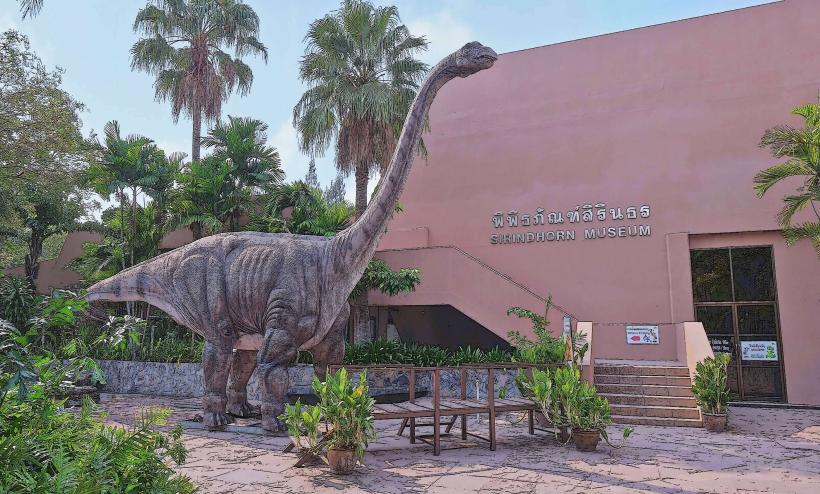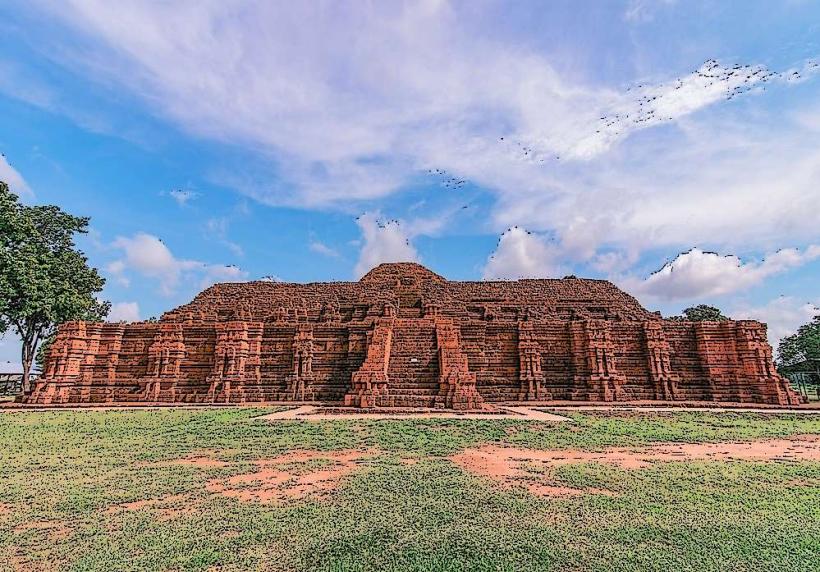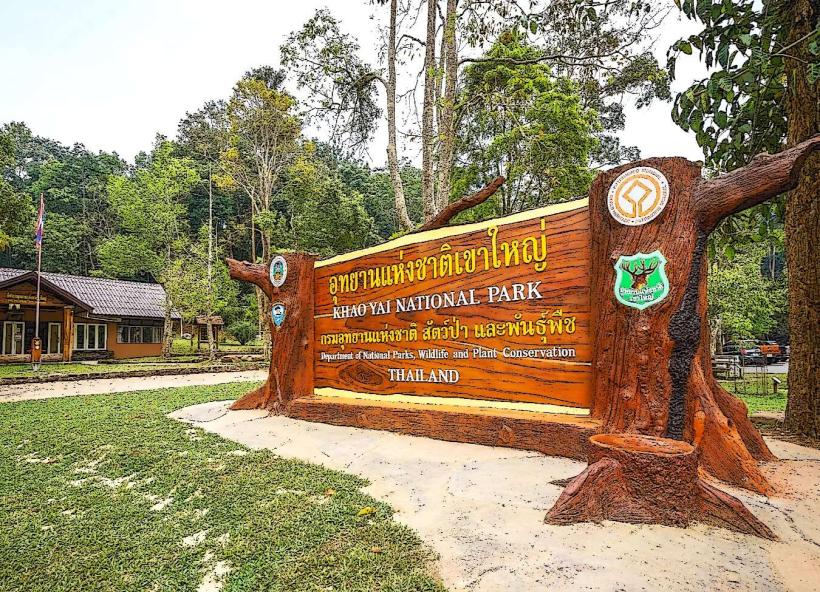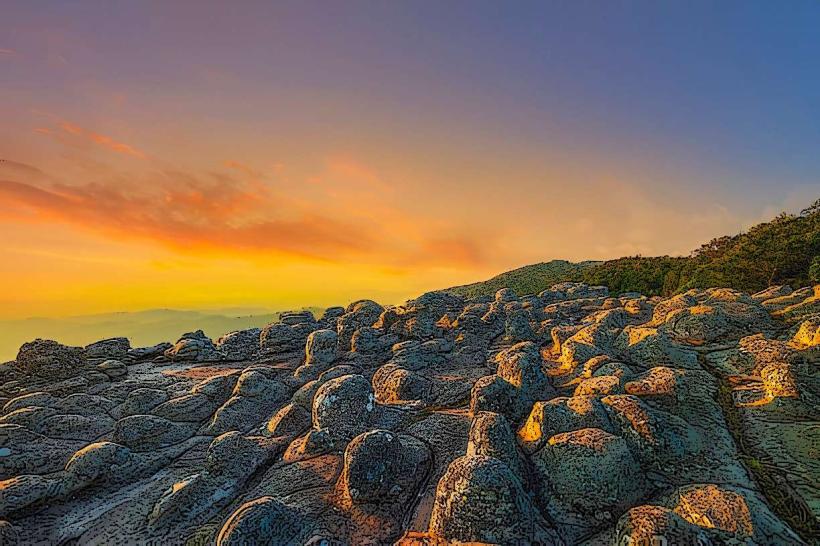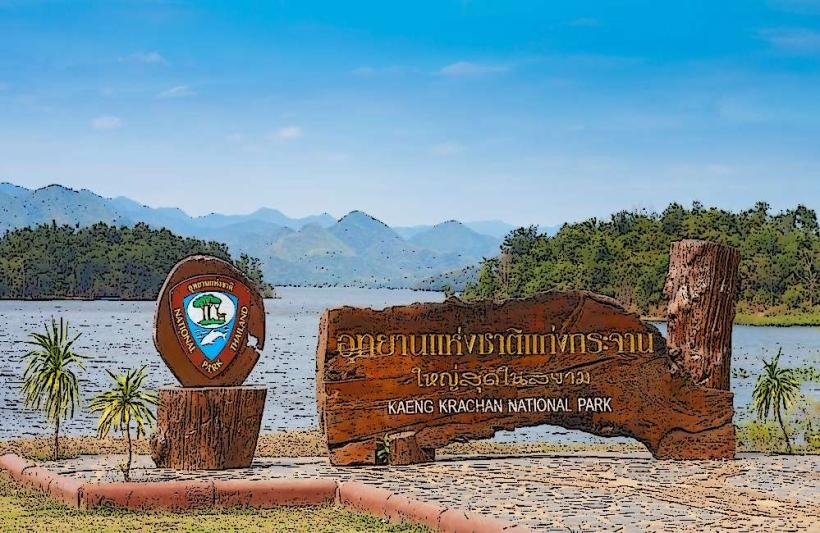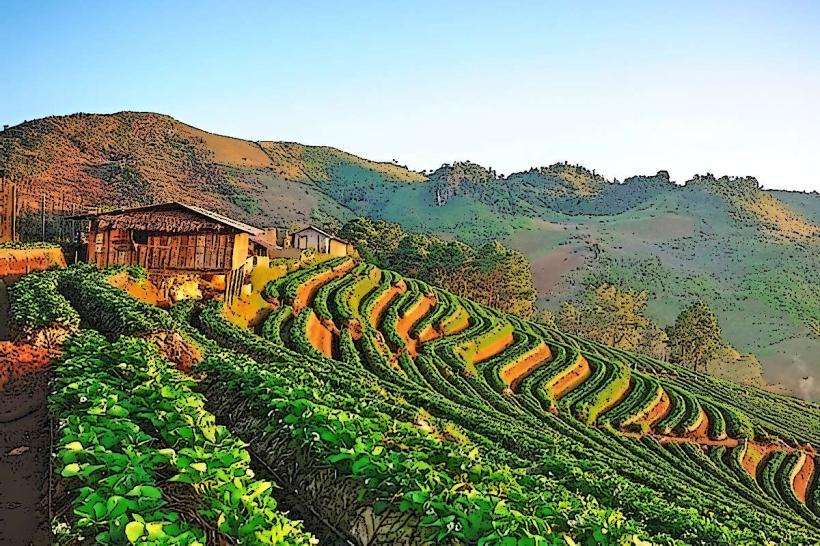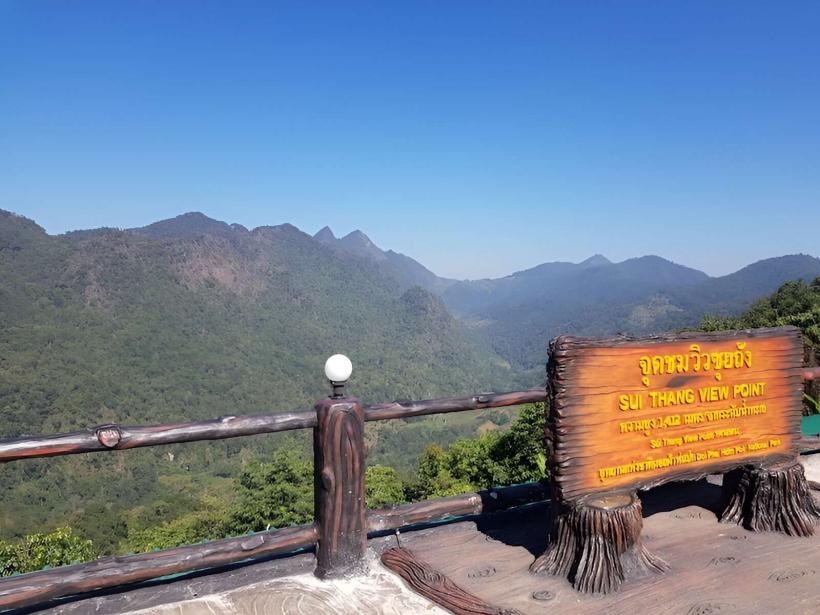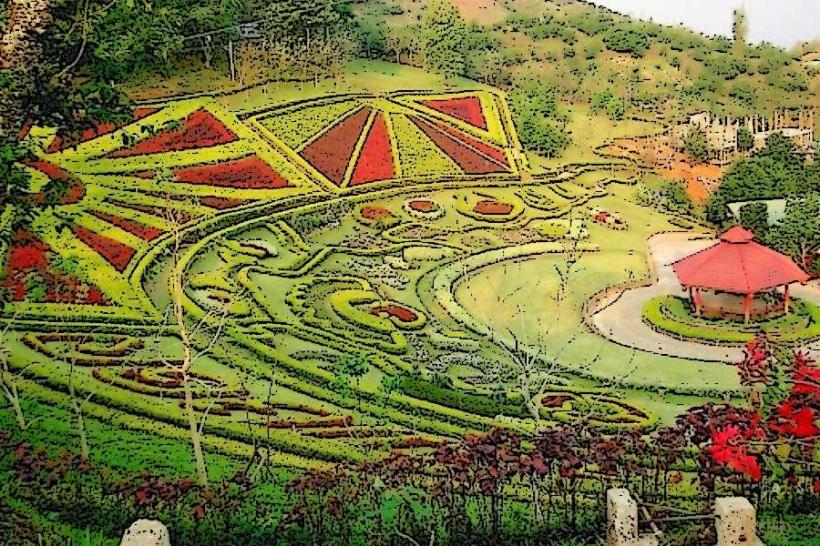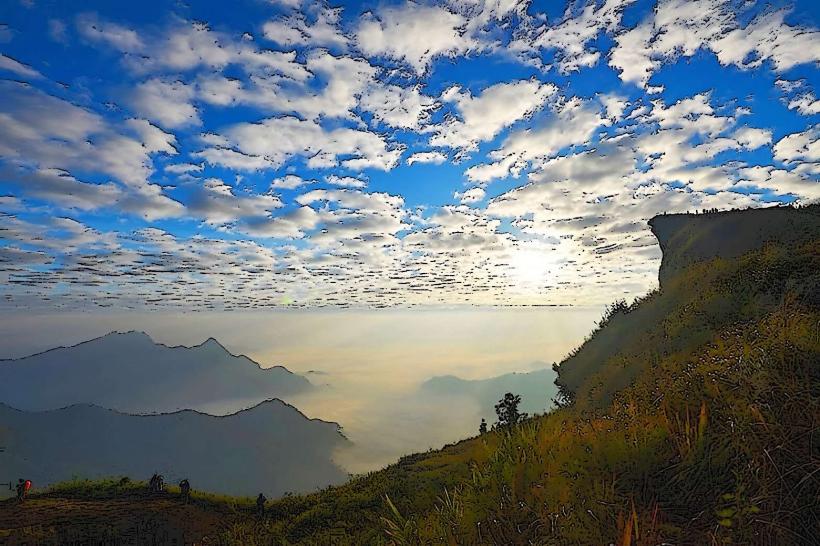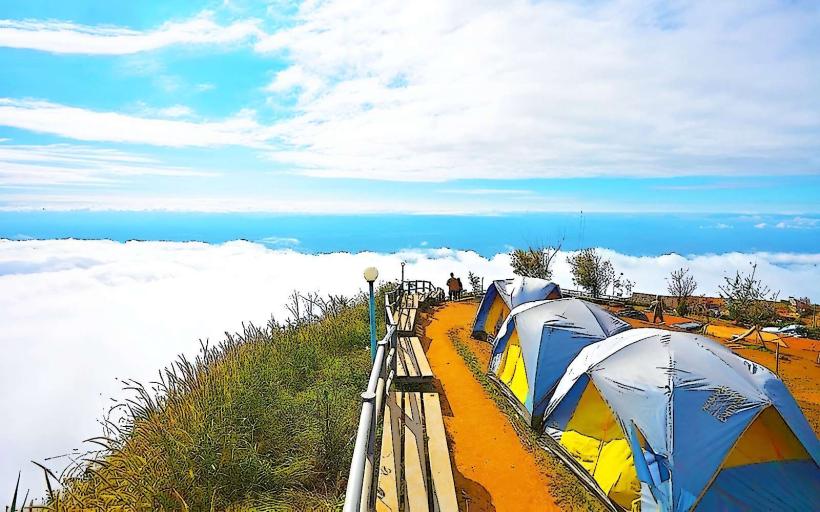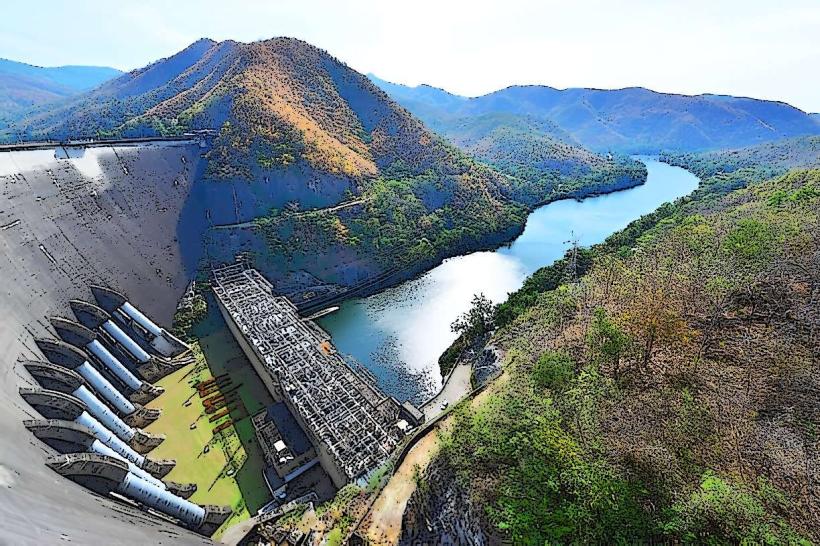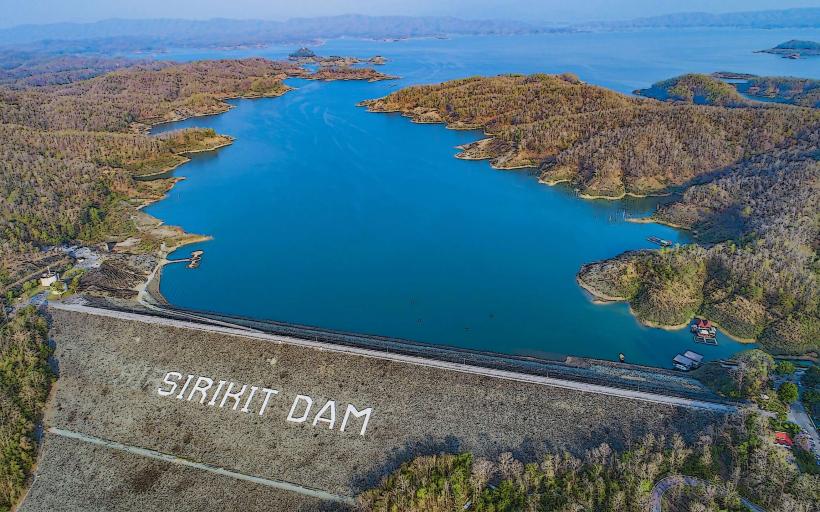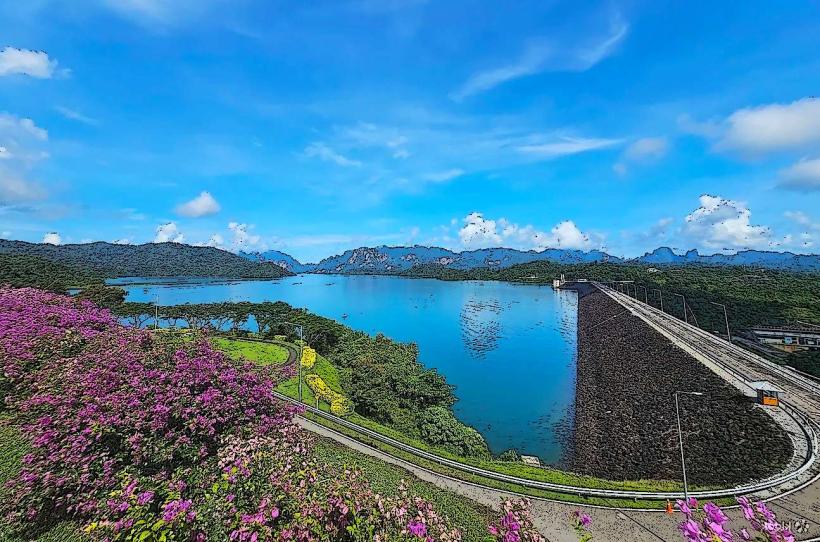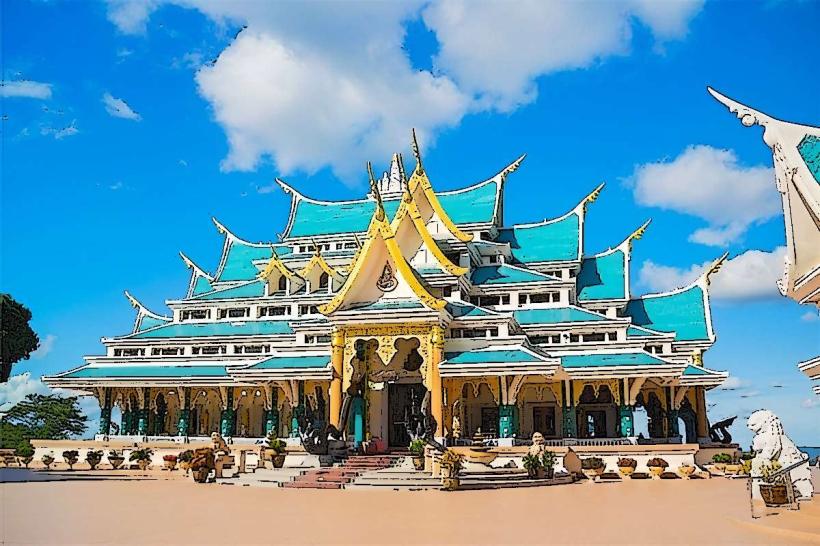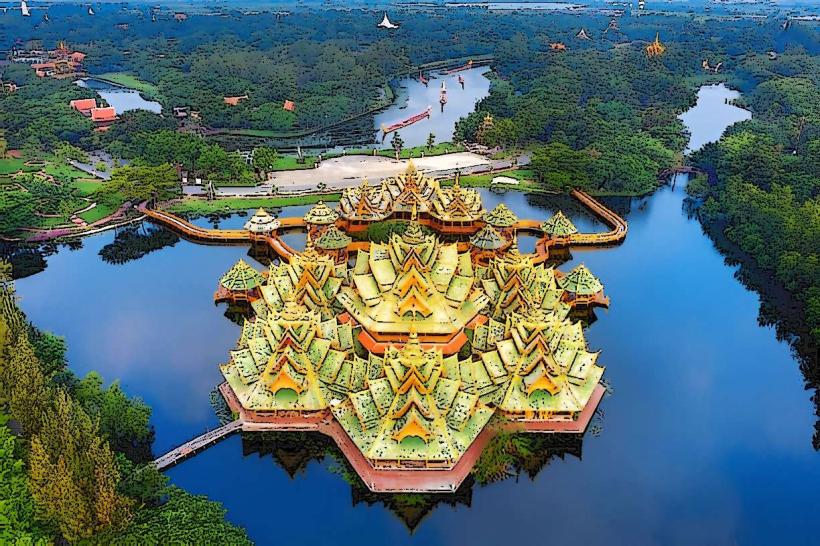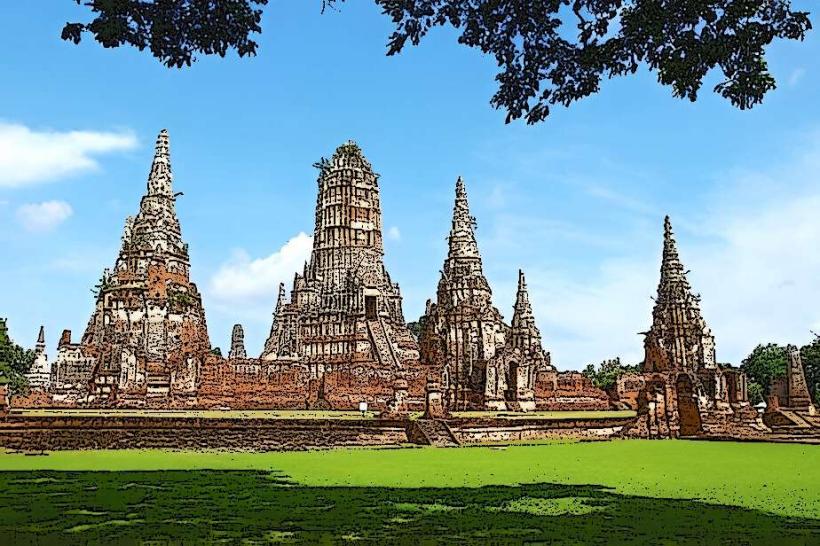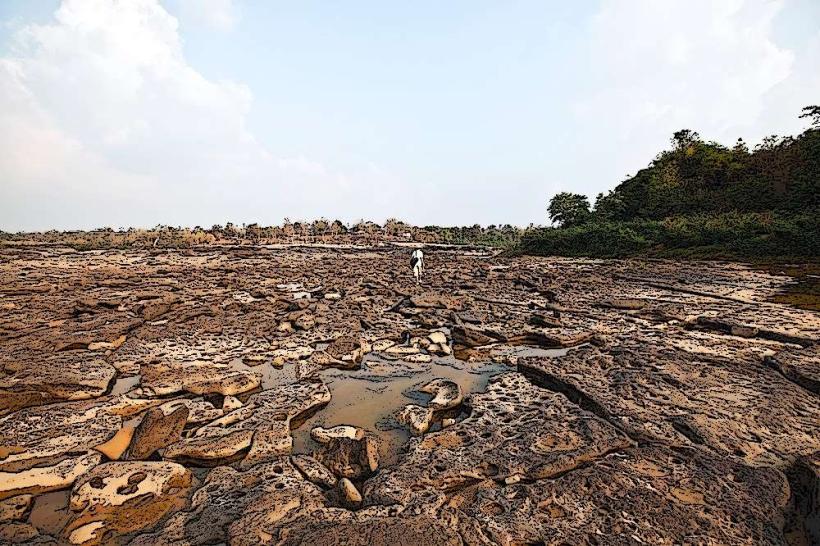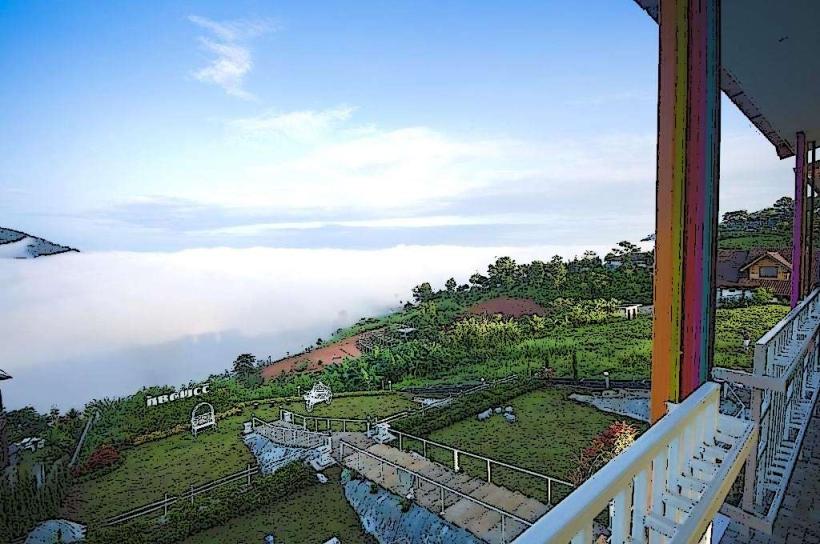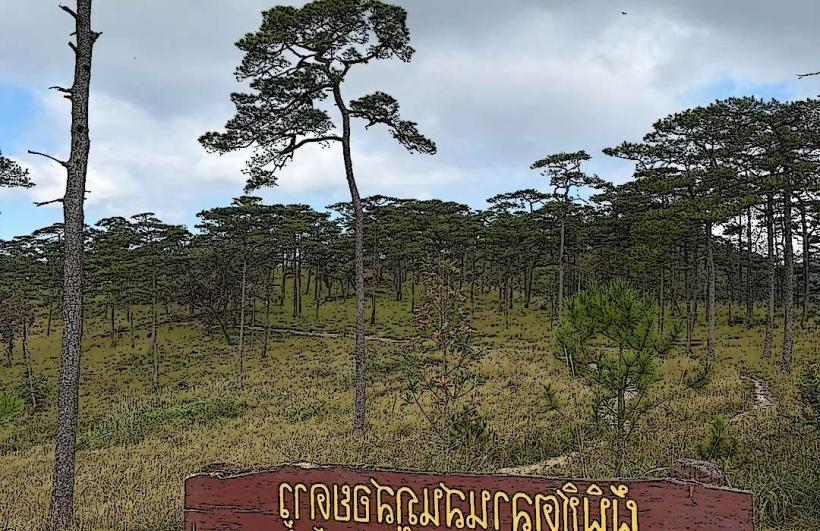Information
Landmark: Pranburi Forest ParkCity: Gulf of Thailand
Country: Thailand
Continent: Asia
Pranburi Forest Park, Gulf of Thailand, Thailand, Asia
Pranburi Forest Park is a scenic and tranquil nature reserve located in the Pranburi District of Prachuap Khiri Khan Province, Thailand. Situated along the Gulf of Thailand, it is an excellent destination for nature lovers, bird watchers, and those seeking a peaceful escape from the bustling tourist spots. The park is known for its rich biodiversity, including mangrove forests, tidal salt marshes, and abundant wildlife.
Overview
- Location: Pranburi Forest Park is located approximately 20 kilometers south of Hua Hin, a popular tourist destination in Thailand. The park is part of the larger Pranburi National Park, which protects a variety of ecosystems, including mangroves, coastal wetlands, and sandy beaches.
- Size: The park covers an area of about 1,200 hectares and serves as an important ecological site for preserving coastal biodiversity.
Key Features of Pranburi Forest Park
- Mangrove Forests: The park is home to a vast area of mangrove forests, which play a crucial role in maintaining coastal ecosystems by acting as natural buffers against erosion, providing a habitat for numerous species, and filtering pollutants from the water. Visitors can explore the mangrove forests on walking trails and wooden boardwalks that have been constructed to minimize disturbance to the environment.
- Biodiversity: Pranburi Forest Park is rich in biodiversity, offering visitors a chance to see various species of plants, birds, and marine life. The park is an important stop for migratory birds and is a popular location for birdwatching. Visitors can expect to see birds such as herons, kingfishers, and waders, as well as small animals and insects that thrive in the mangrove ecosystem.
- Tidal Salt Marshes: The park is home to tidal salt marshes, which are important feeding grounds for migratory birds. These marshes are flooded during high tide and are home to a variety of crustaceans, mollusks, and other marine life, providing a rich food source for local wildlife.
- Wildlife: Aside from birds, the park is home to several species of reptiles, amphibians, and small mammals. Visitors may spot monitor lizards, mudskippers, crabs, and various species of fish along the coastal areas and in the waterways.
Activities in Pranburi Forest Park
- Nature Walks: One of the best ways to explore the park is by taking a leisurely walk along its well-maintained trails. These walking paths allow visitors to immerse themselves in the natural beauty of the mangroves, salt marshes, and forested areas while observing the diverse wildlife and plant species.
- Boardwalk Exploration: The park features several boardwalks that wind through the mangrove forests, providing a unique way to explore the habitat without disturbing the ecosystem. These elevated pathways offer excellent views of the forest and the wildlife living within it.
- Birdwatching: Pranburi Forest Park is a prime destination for birdwatching, particularly during the migratory season (typically from November to February). Birdwatchers can observe a variety of species in the park’s diverse ecosystems, including wetlands, forests, and coastal areas.
- Photography: The park offers plenty of opportunities for nature and landscape photography, with its rich biodiversity, tranquil environment, and scenic vistas. Early mornings or late afternoons provide the best lighting for capturing the beauty of the park.
- Beach Activities: While the park itself is more focused on conservation and nature exploration, it is also close to some pristine beaches where visitors can relax and enjoy the Gulf of Thailand’s clear waters.
Best Time to Visit
- Cool Season (November to February): The best time to visit Pranburi Forest Park is during the cool season when the weather is more comfortable for outdoor activities like walking and birdwatching. The cooler temperatures and lower humidity make it easier to explore the park and enjoy its natural beauty.
- Dry Season (March to May): The dry season is also a good time to visit, although temperatures can rise significantly, making early morning or late afternoon visits more enjoyable.
- Rainy Season (June to October): The rainy season may limit some activities due to heavy rainfall, but it is also when the park is lush and green. If you don't mind the rain, it can be a quieter time to visit, with fewer tourists.
Accessibility
- By Car: Pranburi Forest Park is easily accessible by car from Hua Hin, located about 20 kilometers south of the town. The drive takes around 30 minutes and is straightforward, with clear signs directing visitors to the park.
- By Bus: Visitors can also take a bus to Hua Hin from Bangkok, and from there, hire a taxi or tuk-tuk to reach Pranburi Forest Park. Local transportation options like songthaews (shared taxis) or private cars are available to take visitors to the park.
- By Bicycle: For those who enjoy cycling, the park is accessible by bike from Hua Hin, making for a pleasant and scenic ride along the coast.
Conclusion
Pranburi Forest Park is an ideal destination for nature enthusiasts, birdwatchers, and anyone looking to experience Thailand’s coastal ecosystem in a tranquil and protected setting. With its mangrove forests, wildlife, and peaceful atmosphere, it offers a great opportunity to connect with nature and learn about the importance of preserving coastal environments. Whether you're walking the boardwalks, birdwatching, or simply enjoying the serenity of the park, Pranburi Forest Park is a wonderful spot to explore.

